04 Jul Stem Cell Therapy for Traumatic Brain Injuries
After a traumatic injury to the brain, grave damage may be done to the brain tissues and this can cause brain cell death. When these cells die, they can’t regenerate, and this can lead to a loss of brain function.
TBIs occur when the head is hit or shaken violently and can cause damage to the brain cells. This damage can lead to a variety of symptoms, including problems with thinking, sensation, language, and emotions. TBIs can be mild, moderate, or severe. Mild TBIs are also called concussions. Moderate and severe TBIs can cause long-term problems or even death.
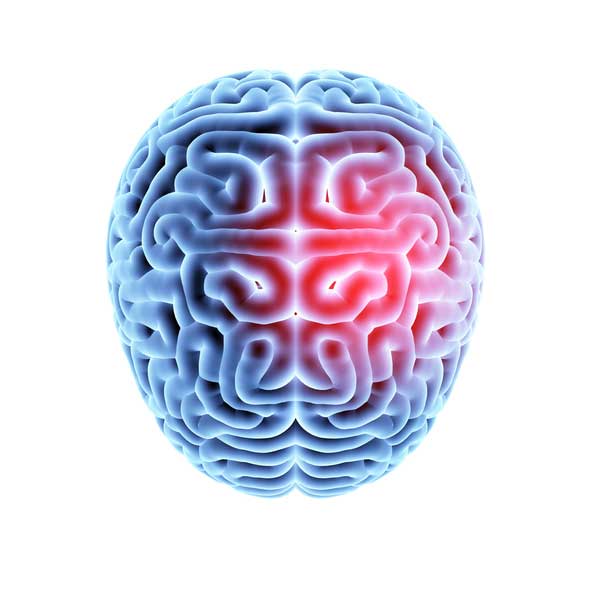
There is no one-size-fits-all treatment for TBIs. The severity of the injury and the individual’s symptoms will dictate what kind of treatment is necessary. However, stem cell therapy is emerging as a promising new treatment option for TBIs. Book an appointment by calling (844) GET-STEM.
How stem cell therapy works
Stem cells are a category of undifferentiated cells that can modify into several specialized cell types for different purposes. Stem cells are the raw material that the body uses to create the different categories of cells. Stem cells can develop into any type of cell that it needs to become, and brain cells are one of them. There are three major categories of stem cells and they include:
- Embryonic stem cells:
Embryonic stem cells are derived from early-stage embryos. These stem cells have the ability to differentiate into any cell type in the body, making them a valuable tool for regenerative medicine.
- Adult stem cells:
Adult stem cells are found in various tissues throughout the body. Adult stem cells are more restricted in the types of cells they can become but are easier to obtain and work with.
- Perinatal stem cells:
Perinatal stem cells are found in the umbilical cord and placenta. These stem cells are particularly valuable because they are young and have not been exposed to environmental toxins.
However, for most traumatic brain injury treatments, adult stem cells are the most appropriate option. During a stem cell therapy procedure, stem cells are harvested from the patient’s own bone marrow and transplanted into the affected areas of the brain. However, after the procedure, the stem cells do not become neurons. Rather, they trigger the regenerative ability of the brain and the brain itself will create the new neurons.
The growth factors in the stem cells enhance the recovery chances of the brain and help to recover from traumatic brain injuries. In a way, these stem cells can turn your traumatized adult brain into an infant-like one with the ability to recover quickly from injuries.
Stem cell therapy is indeed a promising and innovative treatment that brings a different perspective to brain injury rehabilitation for those suffering from traumatic brain injuries. Neuron regeneration is triggered from these cells and patients have a high chance of recovering from the damage to the brain through the transplants. So far, this form of therapy is one of the most groundbreaking turns in the treatment of traumatic brain injuries. The traditional forms of therapy treatments are still available to TBI victims. However, stem cell therapy opens you up to a quicker and safer process for delivery.
Stem Cell Therapy in Phoenix, AZ
Overall, Several shreds of evidence suggest that stem cell therapy may be a promising new treatment option for TBIs. However, larger clinical trials are needed to confirm these findings. If you or a loved one has suffered a TBI, talk to your doctor about all of your treatment options, including stem cell therapy.
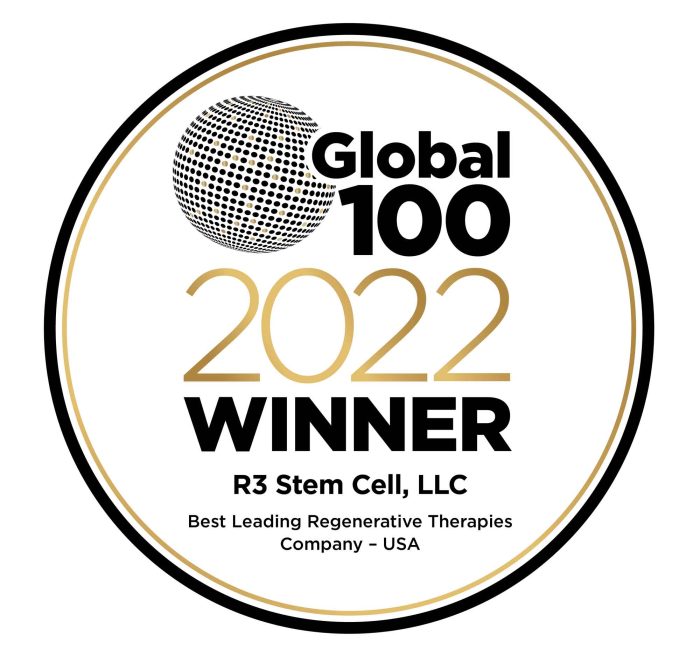
R3 Stem Cell offers excellent stem cell therapy in Phoenix AZ. Call today to book a session at no cost for a consultation to see if stem cell therapy is an option for you. Our stem cell therapy doctors in Phoenix, AZ are open to helping you!
ABOUT US
The information provided by R3 Stem Cell is not a substitute for professional medical advice, diagnosis, or treatment. Individual results may vary and only your medical professional can explain all the risks and potential benefits of any therapy based on your circumstances. R3 Stem Cell does not recommend or endorse any specific tests, products, procedures, opinions, or other information that may be mentioned on this website. Reliance on any information provided by R3 Stem Cell, its employees, others appearing on this website at the invitation of R3 Stem Cell, or other visitors to the website is solely at your own risk. R3 Stem Cell is not responsible for the outcome of your procedure. The FDA considers stem cell therapy experimental at this point.
Recent R3 Stem Cell Awards & Accolades:


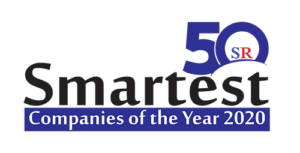

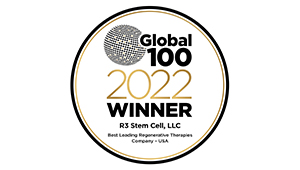
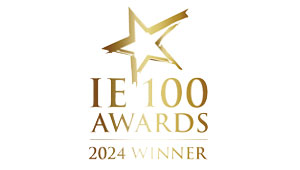
CALIFORNIA
- San Diego
- San Jose
- Fresno
- Anaheim
- Bakersfield
- Beverly Hills
- Chula Vista
- Corona
- Elk Grove
- Escondido
- Fremont
- Fontana
- Fullerton
- Hayward
- Huntington Beach
- Garden Grove
- Irvine
- Sacramento
- Lancaster
- Long Beach
- Los Angeles
- Modesto
- Moreno Valley
- Oakland
- Oceanside
- Ontario
- Orange
- Oxnard
- Palmdale
- Pomona
- Rancho Cucamonga
- Riverside
- Roseville
- Salinas
- San Bernardino
- Santa Ana
- Santa Clarita
- Santa Rosa
- Stockton
- Sunnyvale
- Torrance
FLORIDA
- Jacksonville
- Cape Coral
- Fort Lauderdale
- Hialeah
- Hollywood
- Miami
- Miramar
- Orlando
- Pembroke Pines
- Port St. Lucie
- St. Petersburg
- Tallahassee
- Tampa
GEORGIA
HAWAII
IDAHO
ILLINOIS
INDIANA
IOWA
KANSAS
KENTUCKY
LOUISIANA
MARYLAND
MASSACHUSETTS
MICHIGAN
MINNESOTA
MISSISSIPPI
MISSOURI
NEBRASKA
NEW JERSEY
NEW YORK
NEW MEXICO
NEVADA
NORTH CAROLINA
OHIO
OKLAHOMA
OREGON
PENNSYLVANIA
RHODE ISLAND
SOUTH CAROLINA
SOUTH DAKOTA
TENNESSEE
The USA stem cell leader offers procedures in
7 Countries including:
Copyright © 2017-2024 R3 Stem Cell. All Rights Reserved.

Sorry, the comment form is closed at this time.